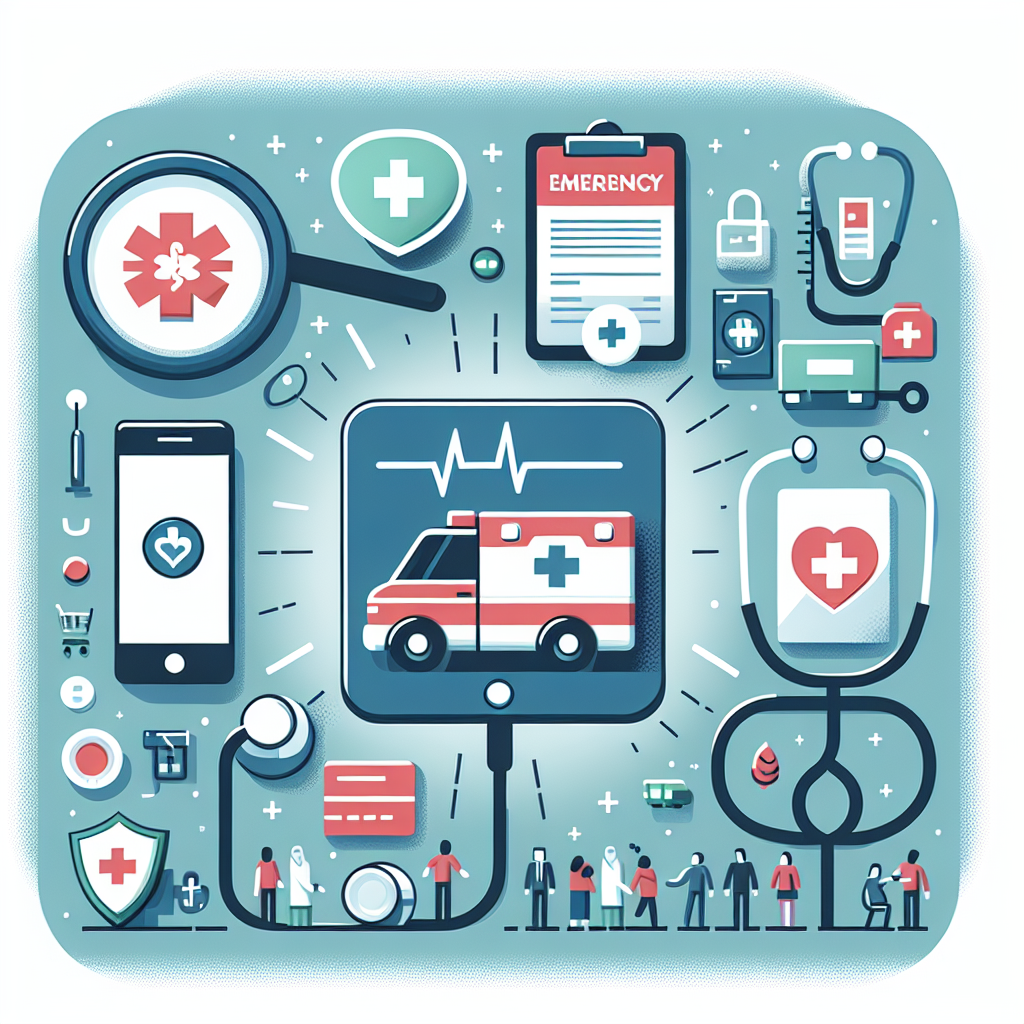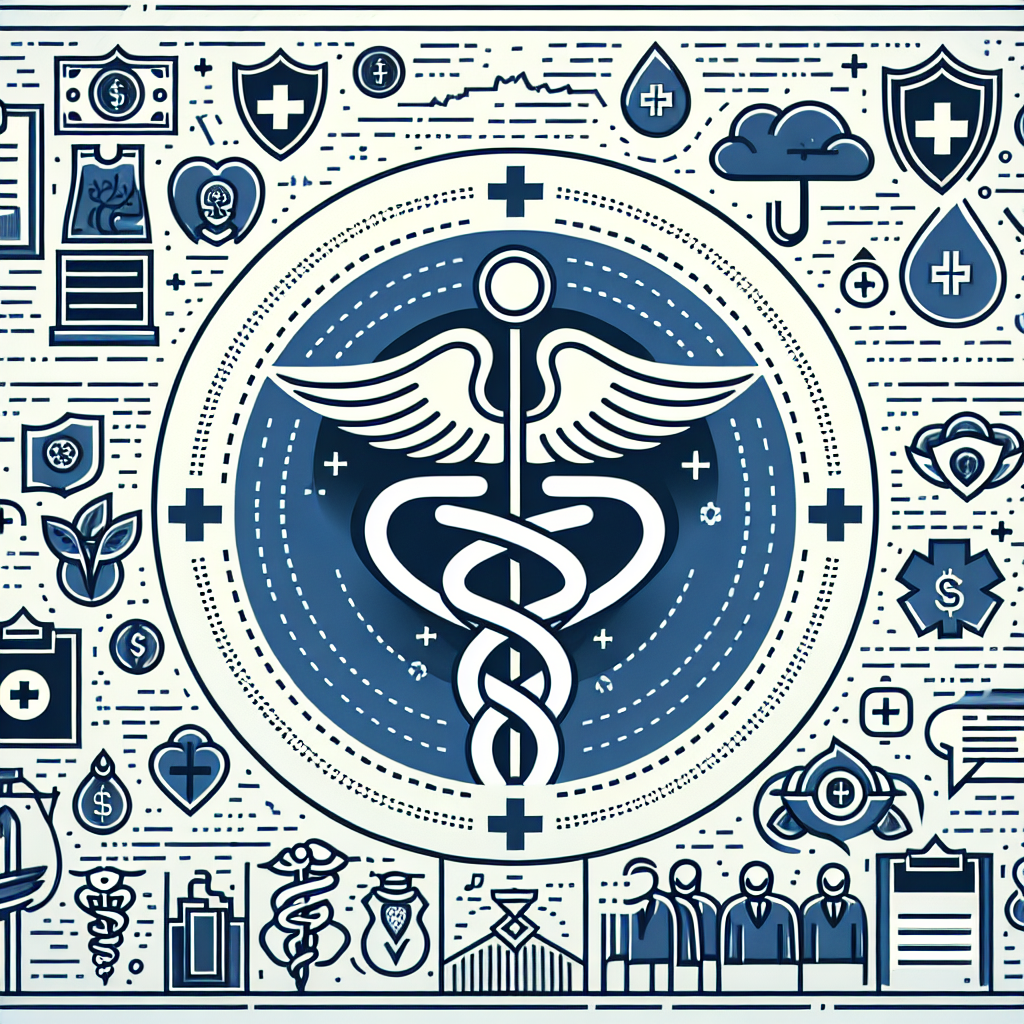Filed under Health Insurance on
Understanding Emergency Coverage in Health Insurance

When it comes to health insurance, understanding the nuances of your coverage can make a significant difference during emergencies. The landscape of health insurance is complex, and knowing what your policy includes in terms of emergency coverage is crucial. Whether you're assessing a current plan or looking to purchase a new one, here's an in-depth look at emergency coverage in health insurance.
What is Emergency Coverage in Health Insurance?
Emergency coverage in health insurance refers to the benefits that apply when you require urgent medical attention. These situations typically include sudden illnesses, injuries, or conditions that could seriously jeopardize your health if not treated immediately. Such coverage ensures that you're protected financially during unforeseen medical crises.
Key Elements of Emergency Coverage
- Immediate Access: Coverage that guarantees quick and efficient care when time is of the essence.
- Range of Services: Includes hospital stays, emergency room visits, ambulance services, and in some cases, follow-up care.
- Network Flexibility: Some policies allow treatment at out-of-network facilities in emergencies.
Why is Emergency Coverage Important?
Life is unpredictable, and emergencies can occur at any moment. Emergency coverage in health insurance provides a safety net that shields you from exorbitant medical bills. Statistics show that unexpected medical events contribute substantially to personal debt, emphasizing the need for adequate coverage.
Protection Against Financial Risk
Without emergency coverage, you risk paying out-of-pocket for emergency services, which can be incredibly costly. A single hospital visit for an emergency could amount to thousands of dollars. Emergency coverage ensures you are not burdened financially at a vulnerable time.
Peace of Mind
Having emergency coverage provides peace of mind. You can lead your life without the constant worry of how you would cope financially in a sudden medical situation. This assurance is invaluable, allowing you to focus on recovery rather than expenses during an emergency.
Understanding Policy Details
It's essential to delve into the specifics of your health insurance policy to fully understand what your emergency coverage entails.
Covered Situations
Not every situation may qualify as an emergency under your plan. Review your policy to identify common scenarios typically covered, such as heart attacks, significant fractures, or severe allergic reactions.
Network Considerations
While most plans offer emergency coverage even if the nearest facility is out-of-network, the billing process and payment amounts might differ. Verify whether your plan covers out-of-network visits at the same rate as in-network services in emergencies.
Pre-Approval and Notification Requirements
Some insurance companies require pre-approval or immediate notification after the emergency treatment. Failure to comply can lead to complications in claim processing. Check your policy for any such requirements to avoid issues during the claim process.
Current Trends in Emergency Coverage
The health insurance landscape is constantly evolving, and that applies to emergency coverage as well. Recent trends indicate a push towards more comprehensive and user-friendly emergency policies.
Telehealth and Virtual Care
With advancements in technology and the impact of global health events, many insurers now offer telehealth services as part of emergency coverage. This allows patients to consult with a healthcare provider promptly, which can be critical in emergencies.
Improved Transparency in Billing
Consumers demand greater transparency in medical billing, and insurers are responding by simplifying their billing practices. Understanding what you're being billed for and why is becoming a focal point in emergency coverage discussions.
Expert Opinions
Leading industry experts emphasize the importance of thoroughly understanding your health insurance policy. John Kelly, a renowned insurance analyst, suggests regularly reviewing your policy to stay informed of any changes, especially regarding emergency coverage. Keeping your policy current and examining its terms ensures you’re prepared for any adjustments your insurer might make.
Tips for Optimal Emergency Coverage
To optimize your emergency coverage, consider the following strategies:
- Periodically Review Your Policy: Health insurance policies can change. Stay informed by regularly reviewing your plan, focusing on the emergency coverage details.
- Consult Insurance Representatives: Don't hesitate to contact your insurer's representatives to clarify doubts about emergency coverage specifics.
- Stay Informed About Local Facilities: Knowing which nearby hospitals are in-network and equipped to handle emergencies can save time and stress.
- Prepare Documentation: Keep essential medical documents and your insurance card readily available to speed up the process in emergencies.
Conclusion
Understanding emergency coverage in health insurance isn't just about deciphering legal jargon—it's about safeguarding your well-being during critical situations. By comprehensively knowing what your plan covers and ensuring that it aligns with your needs, you set yourself up for peace of mind and financial security.
As healthcare evolves, staying informed and proactive with your emergency coverage decisions protects you and your loved ones in the moments that matter most. A well-structured health insurance plan with robust emergency coverage is an investment in your future health and financial stability.





